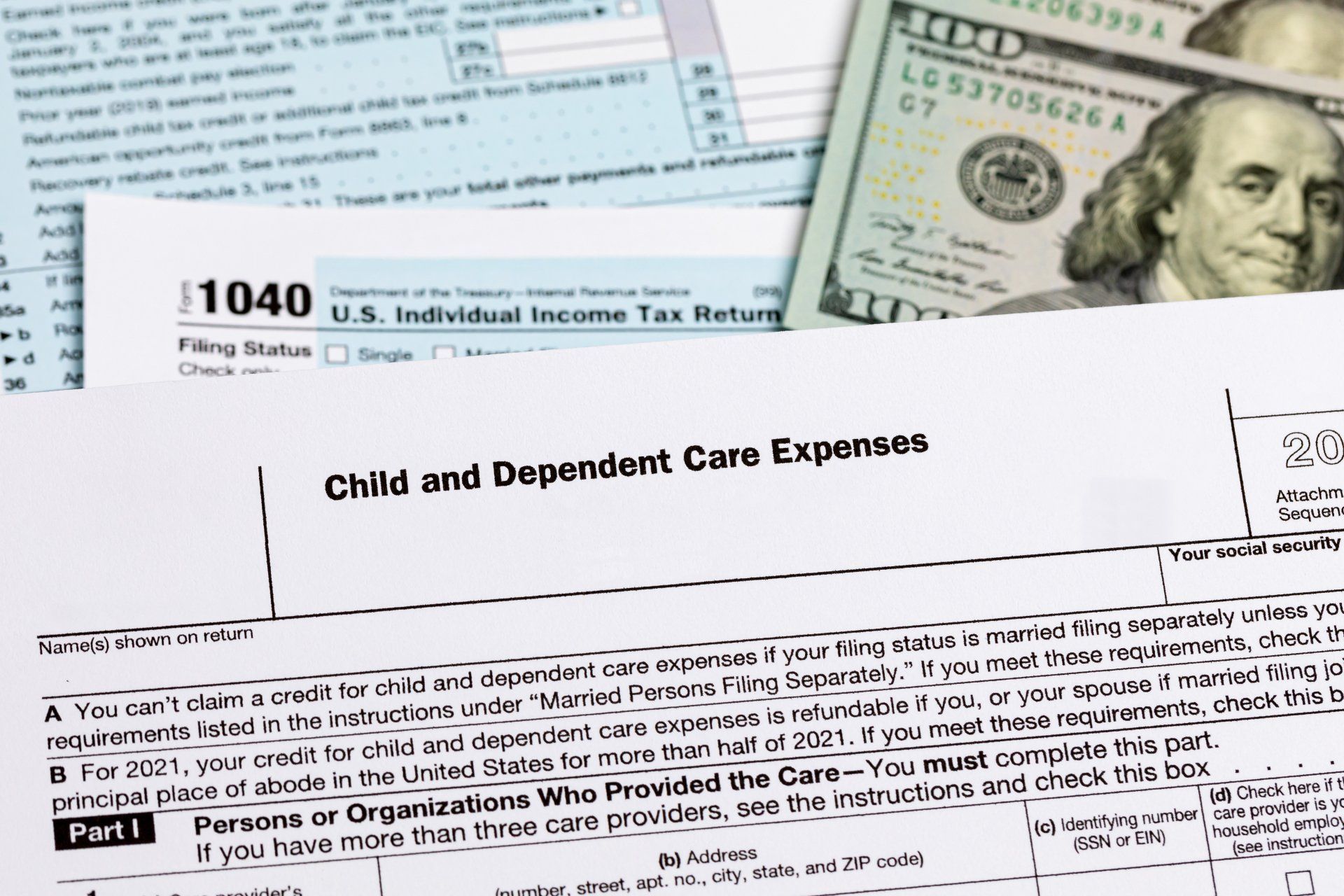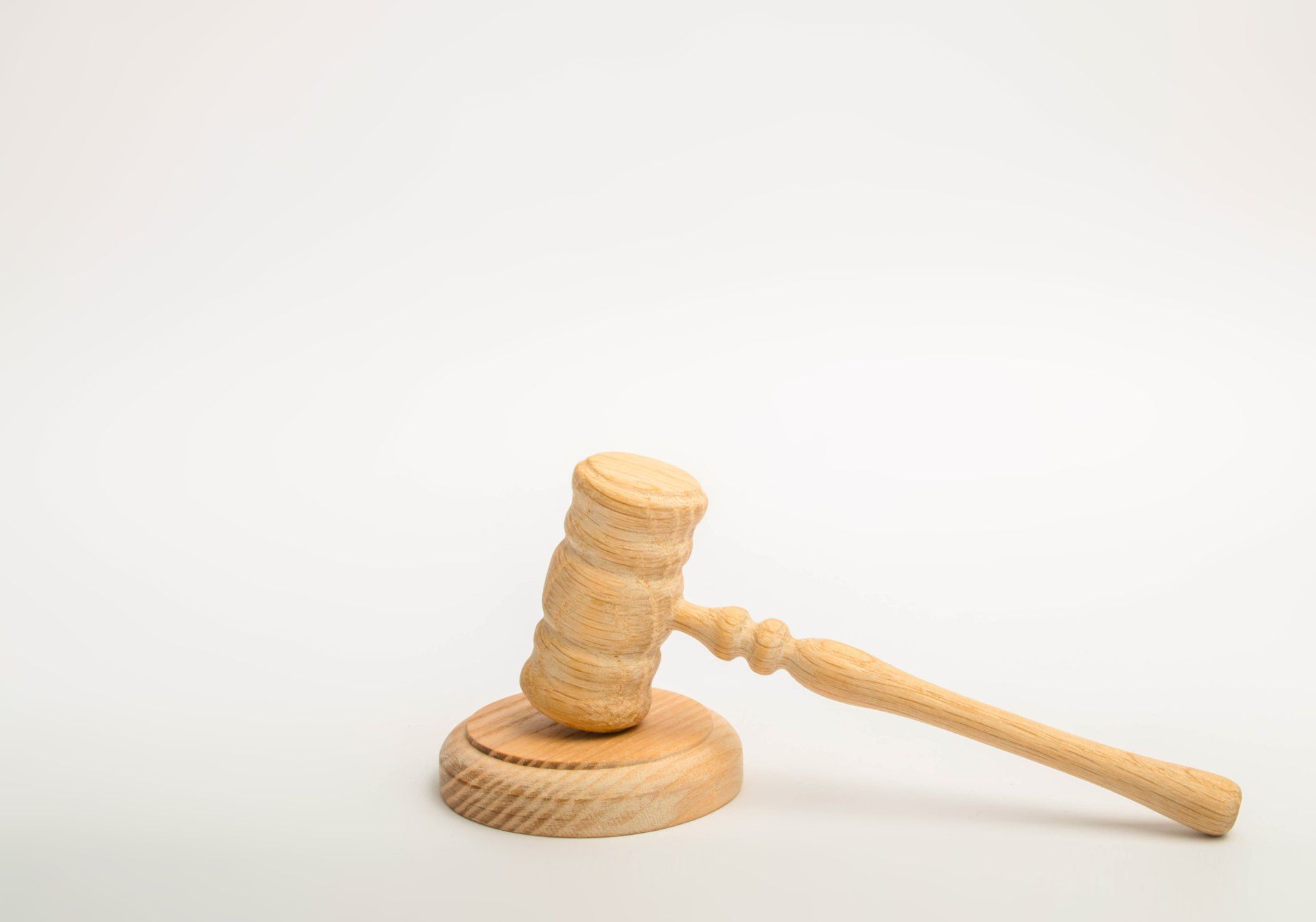Discovery! What is that?
Brian D. Bailey • June 16, 2021
This is a subtitle for your new post

I recently had an exchange with a client where. I had said to them now that the other side has filed their answer I will send out my discovery requests and we can get this matter moving along. To which they responded, “What are discovery requests?”
That is a wonderful question and it reminded me that we attorneys who use this language on a daily basis need to stop and remember that our clients many times have no idea what some of the words we use actually mean. Below you will find a very brief synopsis of what discovery in a civil case consists of.
What is Discovery in a Civil Case?
________________________________________
Discovery is the pre-trial phase in a lawsuit in which each party investigates the facts of a case, through the rules of civil procedure, by obtaining evidence from the opposing party and others by means of discovery devices including requests for answers to interrogatories, requests for production of documents and things, requests for admissions, and depositions.
Under the laws of the United States, civil discovery is broadly construed and parties to a civil action can ask for virtually any material which is reasonably calculated to lead to the discovery of admissible evidence. This is a much broader standard than simply relevant evidence, because it contemplates the exploration of materials and testimony that may not be directly relevant itself, but that could lead to the discovery of other evidence that would be relevant.
However, discovery is not without limits. Certain types of information are generally protected from discovery, including information which is privileged (such as attorney-client communications, trade secrets, and conversations between spouses) and the work product of the opposing party and his attorney. Other types of information may be protected, depending on the type of case and the status of the party. For instance, juvenile criminal records, certain medical and psychiatric records, etc.
Electronic discovery or "e-discovery" refers to discovery of information stored in electronic format (often referred to as Electronically Stored Information, or ESI).
Types of Discovery:
Requests for Admissions
Just as the name implies, requests for admissions ask another party to admit or deny certain carefully worded questions. For example, one party may ask the other to admit certain specific facts related to a car accident that would tend to prove that party's liability. Since parties are asked to admit or deny allegations in the original document that starts a lawsuit, usually called the complaint or the petition, requests for admissions may seem redundant. But, when properly used, they allow a party to delve deeper into issues beyond those required to state a cause of action, such that certain reasonable inferences can be drawn as a result of the answers obtained.
Interrogatories
Unlike requests for admissions, interrogatories ask open ended questions. For example, one may ask the other party to identify all evidence upon which they intend to rely in support of their claims or defenses. Interrogatories can become quite complex with multiple sub-parts, so most states limit the number of interrogatories either party can ask the other.
Requests for Production of Documents
Arguably one of the most useful tools for discovery, requests for production allow one party to ask the other to provide documents or other tangible evidence, including electronically stored information. This is the process used to actually obtain most of the physical evidence that the parties will rely on when they move toward trial. Requests for production can also be directed to non-parties and obtained through a subpoena. In more complex cases, documents and things that are responsive to requests for production can be immense, filling entire warehouses, and this procedure can often become a very expensive element of many cases.
Depositions
Depositions are the process of taking live testimony from witnesses and parties before trial. The witness or party is required to appear and testify under oath before a court reporter who records the entire proceeding. These proceedings are usually done in an attorney's office with representatives of both or all of the parties in attendance. While the testimony and questioning are governed by the usual rules of evidence, with no judge present to rule on any objections, they are usually just recorded by the court reporter and dealt with later if the testimony is introduced at trial.
Discovery is a very complicated process and definitely warrants the assistance of an attorney. While many small claims cases will have little or no discovery, few other parts of a civil action can be more time consuming, complicated, and critically important to the outcome of a case than discovery. So, when in doubt, seek the assistance of a competent, experienced attorney to guide you through the discovery process.

https://www.youtube.com/watch?v=86DwHBCoLp0#t=207m27s If the link doesn't automatically take to to the video . Please cut & Paste to you browser Hey everyone out there now you can see us during our appearances on the Joe Show. Click on the link here to see why my momma always said I had a face made for radio. And for my law school peeps listen close for a painful law school memory when we discuss the "Absence of Malice"

Parents who are divorced, separated, never married or live apart and who share custody of a child with an ex-spouse or ex-partner need to understand the specific rules about who may be eligible to claim the child for tax purposes. This can make filing taxes easier for both parents and avoid errors that may lead to processing delays or costly tax mistakes. Only one person may be eligible to claim the qualifying child as a dependent. Only one person can claim the tax benefits related to a dependent child who meets the qualifying child rules. Parents can’t share or split up the tax benefits for their child on their respective tax returns. It’s important that each parent understands who will claim their child on their tax return. If two people claim the same child on different tax returns, it will slow down processing time while the IRS determines which parent’s claim takes priority. Custodial parents generally claim the qualifying child as a dependent on their return. The custodial parent is the parent with whom the child lived for the greater number of nights during the year. The other parent is the noncustodial parent. In most cases, because of the residency test, the custodial parent claims the child on their tax return. If the child lived with each parent for an equal number of nights during the year, the custodial parent is the parent with the higher adjusted gross income. Tie-breaker rules may apply if the child is a qualifying child of more than one person. Although the child may meet the conditions to be a qualifying child of either parent, only one person can actually claim the child as a qualifying child, provided the taxpayer is eligible. People should carefully read Publication 504, Divorced or Separated Individuals to understand who is eligible to claim a qualifying child. Noncustodial parents may be eligible to claim a qualifying child. Special rules apply for a child to be treated as a qualifying child of the noncustodial parent. The custodial parent can release the dependency exemption and sign a written declaration or Form 8332, Release/Revocation of Release of Claim to Exemption for Child by Custodial Parent for the noncustodial parent to submit with their tax return. This also applies to some tax benefits, including the child tax credit, additional child tax credit, and credit for other dependents. It doesn’t apply to other tax benefits, such as the earned income credit, dependent care credit or head of household filing status. For More information: Check out IRS Publication 501, Dependents, Standard Deduction, and Filing Information Whom May I Claim as a Dependent? If you have questions or need help navigating which parent gets to claim the children for tax purposes. Feel free to Give us a call at 859-236-8888.

It is with mixed emotions that we announce our very own justin Johnson has decided to take a position working as Assistant Commonwealth attorney for the 50th Judicial Circuit. We are sad to see him go but are comforted with the fact that we know he will bring his integrity and brilliance to this next chapter of his life and that maybe in some small way we contributed to that. Also we are proud to know that he will in a very real way be carrying on the tradition of this firm's founder Hon. George M McClure III by serving this area while ensuring both the victims and accused receive justice and fair play.

Both Patrick & Myself come from a long line of men and women who have bravely & honorably served this country. Both of our fathers George M McClure III & John L Bailey. Our Grandfather’s Dr. George M McClure Jr., Clarence E. Bailey and Claude L. Stacey. As well as many of our aunts, uncles and cousins have all bravely and honorably served this country some of them came home to take there place in society never really discussing their service nor asking for any special treatment because of it. Some came home in a box. draped in a flag, having paid the ultimate sacrifice. I never had the honor of serving myself. I had intended to serve. I even made the trip from Rockford Illinois to Great Lakes Naval base to take the ASFAB which I actually did very well on. However the day before I was going to sign my enlistment papers my father sat me down and said these words to me that forever changed the course of my life. He said “Son our family has done its fair share for King & Country go to college” I took my dad’s advice and I have honestly had a life that is greater than I could have ever imagined. But I have always felt a little guilty that I didn’t serve like most of the men in my family chose to do. Memorial Day is always bitter sweet for me, because I realize that I am in a very personal way the recipient of the sacrifices made by Generations of my family that served sacrificed and died so that I wouldn’t have too. I know I’m not the only one who has benefited from that type of sacrifice I know many of you out there reading this have stories that are very similar to mine. So tomorrow while we are all enjoying our hot dogs, hamburgers and mom’s apple pie let’s all take a moment to remember the ones that sacrificed so that we wouldn’t have too. Have a Happy and Thankful Memorial Day. ---- Brian










